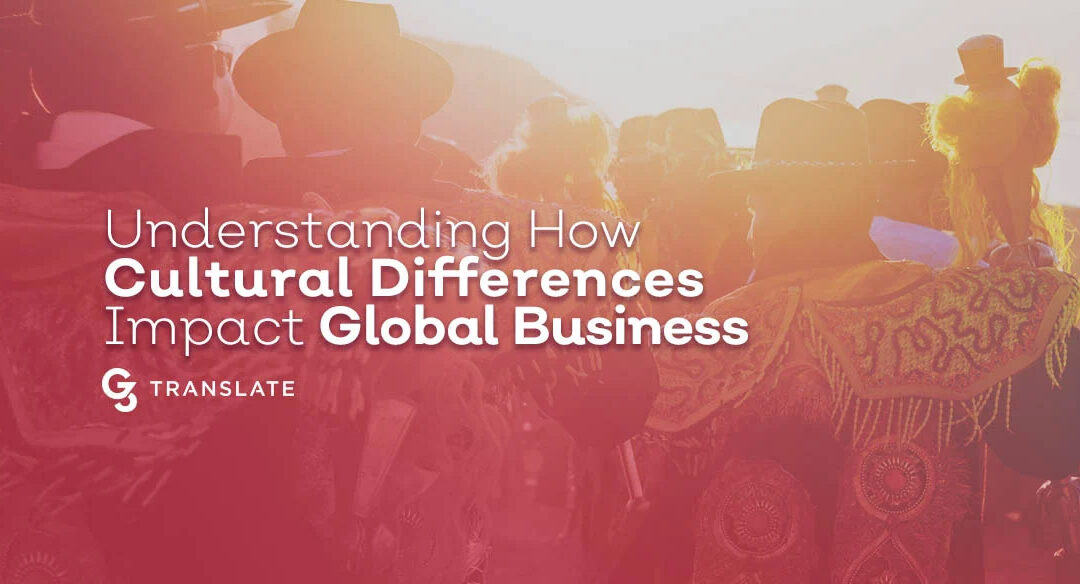You don’t have to travel far to know you’re no longer at home. Language is the first consideration most have when they travel abroad. But any seasoned traveler can tell you that even if the language doesn’t change, cultural experiences can be radically different in a new country. Ever visited the loo* in England, or been asked if you were free in the avro* in Australia? You can learn a language and study up on your slang, but there are still other cultural differences you should consider when doing business around the world.
From the moment you land in someone else’s world, paying attention to cultural differences and knowing how to send the right messages to your host is imperative for creating great relationships. For example, being late for a meeting in Germany could have drastic consequences on your reputation and not be seen as rude in Italy. Showing up for meeting and getting right down to business would be offensive in Brazil, while giving a direct answer in the negative (actually saying “no” in any form) in Chinese is most offensive.
Doing business in a different language and a different culture is full of pitfalls. Our favorite handbook to keep you from making embarrassing guffaws is Kiss, Bow or Shake Hands: Sales & Marketing by Terri Morrison and Wayne A. Conway. They provide incredible insight for over 60 countries to prepare you for proper international business protocol.
In business, it is not just our executives who are traveling. Our marketing messages, customer service questionnaires and marketing surveys need to make it around the globe as well. When brands need to collect consumer feedback on a new product or concept, they turn to insights experts who create marketing research surveys to gather important data for analysis. But what happens when that carefully created marketing survey needs to transcend language? Translating the actual language is just the beginning. Cultural insight must be brought to bear in order to gain actionable insight. Marketing surveys must be translated for cultural nuances to truly be understood.
When your research goes international your message needs to do more than mean something in a foreign language. It must mean the same thing in multiple languages so that the data collected are equal. Focusing solely on literal translations ignores local customs, dialects, colloquialisms and can even breach sensitive cultural taboos.
At G3 Translate you might think we focus on word for word translation. But that isn’t close to the service we provide. We know when we are translating a word, we are actually translating and providing context for the meaning of the word in order to accurately represent the idea being shared. In actuality, we think about cultural differences all day. Our team of native experts, localizers and quality control specialists make sure your translation conveys the true meaning of your questions so you can trust the results.
*Loo in England refers to the restroom
*Avro in Australia means afternoon



